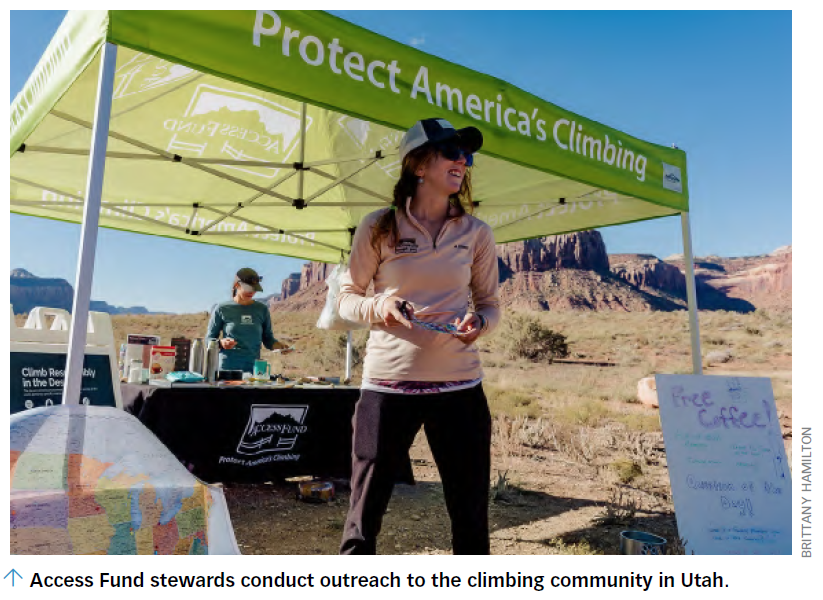Catch-up on the latest Accreditation Corner from the Land Trust Alliance's Saving Land magazine.
Applying for accreditation no matter the mission
by Caity Pinkard
For Grassroots Gardens of Western New York, protecting urban gardens is about more than cultivating food, it's about cultivating neighborhood connections and healing communities. "Everything we do is informed or led by our community gardeners," says Jeanette Koncikowski, the executive director of Grassroots Gardens. "They have been our partners throughout the process, including determining whether to apply for accreditation."
A big part of the organization's work in Buffalo and Niagara Falls is protecting urban green spaces from development. Says Koncikowski, "In some neighborhoods, there is the risk of losing our leased gardens, some of which are almost 30 years old, to developers. In other neighborhoods, people experience food apartheid and lack access to green space." In response, Grassroots Gardens consulted its community partners and decided to apply for accreditation to better meet its promise of perpetuity.

"We wanted to be working at a best-practice standard and apply those same standards to our network as a whole," recalls Koncikowski. By seeking accreditation, Grassroots Gardens not only strengthened its organizational policies, but the board worked to strengthen its financial, governance and land stewardship practices. "For us, the primary value of accreditation is to demonstrate to our community partners that we are a sound organization," says Koncikowski. "Accreditation signals that we have what it takes to advocate for the permanent protection of the community gardens in our region."
As the Vice President of Programs & Acquisitions for Access Fund in Colorado, Zachary Lesch-Huie can relate to Koncikowski's experience. An organization dedicated to conserving climbing environments, Access Fund's unique mission also requires working with a diverse network of community partners. "We work with and support more than 130 affiliated local climbing nonprofits," says Lesch-Huie. As a result, Lesch-Huie understood the importance of accreditation in bolstering the organization's reputation. "Sometimes funders and partners are surprised that a rock-climbing organization is accredited," he says. "We're the first and only climbing-specific land trust in the U.S. to be accredited, and it's a source of pride for staff."
For Access Fund, the seal of accreditation signals that they are committed to operating at the highest possible standards. "It was clear that Land Trust Alliance membership and accreditation were essential for the long-term success and integrity of our work," says Lesch-Huie. "It's a seal of excellence and legitimacy." Since becoming accredited, Access Fund has only benefited from the experience. "Accreditation is an important way to exemplify excellence and best practices for our local affiliates," Lesch-Huie says. "But it's also improved internal operations, ensuring day-to-day best practices."
As for advice to other land trusts considering accreditation, Koncikowski and Lesch-Huie are both in agreement: The accreditation process is worth the effort for any organization. "We really did grow up during the process!" Koncikowski affirms. Lesch-Huie agrees and advises land trusts to reach out to the Commission for support. "They were always ready to provide solutions when we had gaps to fill," he says. For those land trusts considering applying, he adds only one additional piece of advice: "Just like a long climb, take it move by move. It's worth it!"




